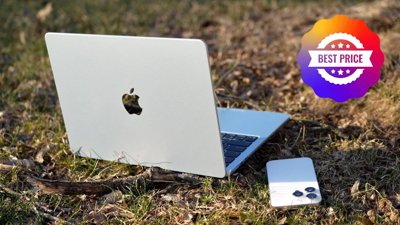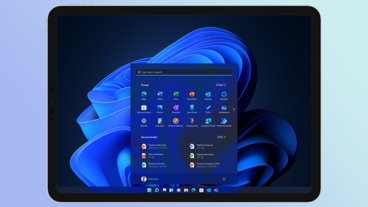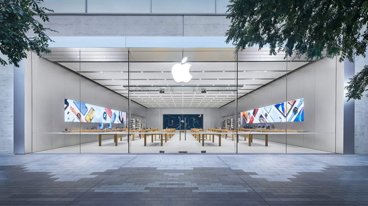A lawyer representing Proview revealed on Friday to IDG News Service that the talks are currently happening. Neither Proview nor Apple would provide any additional details, but the news has sparked speculation that the matter could be resolved out of court.
Chinese law allows both parties in a dispute to engage in talks for a possible settlement before a ruling is issued. Those talks, however, are voluntary, and are not mandated by the court.
The talks began after the Chinese court recommended earlier this week that both sides attempt to mediate their dispute. If a resolution cannot be reached, a ruling will be issued by the Higher People's Court of Guandong Province.
Apple used a third-party company to purchase the rights to the iPad trademark from Proview in 2009. However, Proview has argued that its Shenzhen subsidiary still owns the iPad trademark, because representatives from the Chinese branch were not present when the contract was signed.
Proview and Apple are involved in a number of lawsuits throughout China, as Proview is attempting to block sales of the iPad and even exportation of the device, which would effectively bring worldwide sales to a halt. Proview has even taken its legal action against Apple to the U.S., filing suit in California over the "iPad" trademark.
At its peak, Proview was the manufacturer of a stripped-down PC it called the Internet Personal Access Device, or iPAD. The company also found some success building monitors before the global financial crisis hit and pushed it into bankruptcy. Now, it's a near-dead company with its ownership of the "IPAD" name its only major asset.
 Sam Oliver
Sam Oliver








 Marko Zivkovic
Marko Zivkovic
 Wesley Hilliard
Wesley Hilliard
 Amber Neely
Amber Neely

 Malcolm Owen
Malcolm Owen
 William Gallagher
William Gallagher

 Christine McKee
Christine McKee




-m.jpg)



28 Comments
Take them to the cleaners!
That is not Proview's argument.
It is not a matter of who was present at the closing. It is a matter of which company entered into the contract of sale.
The Chinese subsidiary never signed the contract, despite being mentioned in prior emails. The Chinese owner of the Chinese trademark never signed the contract, and did not sell the Chinese trademark.
Even if representatives of the "Chinese branch" were present, it would have made no difference unless the Chinese company signed the sales contract and thereby transferred the Chinese trademark.
Apple WILL write a check, now it's just a matter of how much. The is an amount that will be much easier to write then deal with the BS. NOW, if the case is REAL solid, then this meeting will be to tell them "Stick it up …"
Skip
Thanks for the correction on the detail but you're conclusion still seems faulty to me. The Chinese company doesn't necessarily have to be present or even know about the sale of the trademark for it to be legal. It depends on the relationship between the companies which I'm sure is complex.
I'm not saying you are wrong, just that your conclusion (that because the Chinese company wasn't aware of the sale or agreeable to it, makes the sale void), is not proven.
Thanks for the correction on the detail but you're conclusion still seems faulty to me. The Chinese company doesn't necessarily have to be present or even know about the sale of the trademark for it to be legal. It depends on the relationship between the companies which I'm sure is complex.
I'm not saying you are wrong, just that your conclusion (that because the Chinese company wasn't aware of the sale or agreeable to it, makes the sale void), is not proven.
What you say is true. It is possible that the Taiwanese company had been authorized to sell another company's (i.e, the Chinese company's) property.
There is no evidence that is the case. If it were true, ISTM that Apple would have said so, as it would be the linchpin upon which its case rested.
All we know is that the Chinese company owned the Chinese trademark, and did not sign any documents whereby they sold their property. Instead, the Taiwanese company purported to sell the Chinese trademark, but did not own it. It is as if you sold your brother's car. Yeah - maybe you were authorized to do so, but there is no evidence of any such authorization signed by the Chinese company.
Edit: And a small detail is that the Chinese company seems to have been aware of the purported sale by the Taiwanese company, given that they had employees in common. Many of the emails were sent by employees of the Chinese company. The preliminary negotiations contemplated the sale of the Chinese trademark. The problem for Apple is that the actual sale was not done by the owner of the Chinese trademark, but instead, by the Taiwanese company, who did not own it.